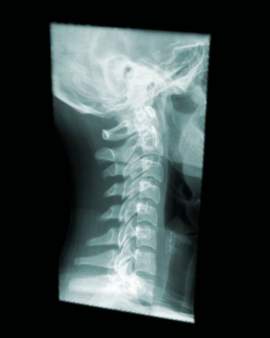
Family Mediation FAQS

Must Read
Introduction
Family mediation is a broad aspect of the mediation field that focuses on resolving family disputes, particularly cases involving children during divorce proceedings. A critical element of family mediation is collaborative or “no-fault” divorces that avoid litigation in favor or a negotiated settlement that determines custody, division of assets and support payments.
The objective of collaborative divorce in family mediation is to provide for the needs of any children the divorcing couples may have as they would be negatively impacted by litigation and the resentment that usually arises out of these proceedings.
Why use family mediation?
Family mediation is a private method of settling disputes, spousal or otherwise by avoiding a polarizing legal system and instead tries to find common ground between two parties, so that they preserve some or all of their relationship. Litigation on the other hand, forces parties to square off against each other, inevitably leading to feelings of bad faith on either side. There is usually a side that winds during litigation, which leaves the other party resentful and less likely to cooperate with the settlement. In collaborative divorce, as both parties agree and sign the settlement, there is a greater chance the agreement will hold, with ultimately benefits any children in this arrangement. Contact a litigation lawyer for legal advice and assistance.
Further protection includes an agreement by both parties to avoid future litigation and commit to the collaborative divorce process.
What are the standards of family mediation?
The Association of Family and Conciliation Courts in tandem with the American Bar Association’s Family Law section released a “Model Standards of Practice for Family and Divorce Mediation” after a symposium in the year 2000.
The standards identify three major functions:
-To serve as a guide for the conduct of family mediators;
-To inform the mediating participants of what they can expect; and
-To promote public confidence concerning mediation as a process for resolving family disputes.
Additionally, it is the role of the mediator to act as an advocate, encouraging them to gain as much advice as possible and make their own decisions without due pressure to settle or come to a rushed agreement. There are also some technical standards, such as written consent from the parties involved to engage in mediation and their rights to have other individuals, such as family lawyer present during the mediation session.
There is a stringent code of conduct that requires the mediator to disclose all biases and relationships with either party. This standard provides a baseline of quality that family mediation services must abide by when performing services. The standards also make children a priority ensuring that their needs are looked after and neglect has not occurred during the mediation. Lastly there are conditions under which the mediator must suspend or terminate the mediation process and maintain professional competence.
It is exceedingly important that the mediator does not help mediate an unlawful or unprofessional agreement between the clients.
NEXT: Family Mediation Benefits





















